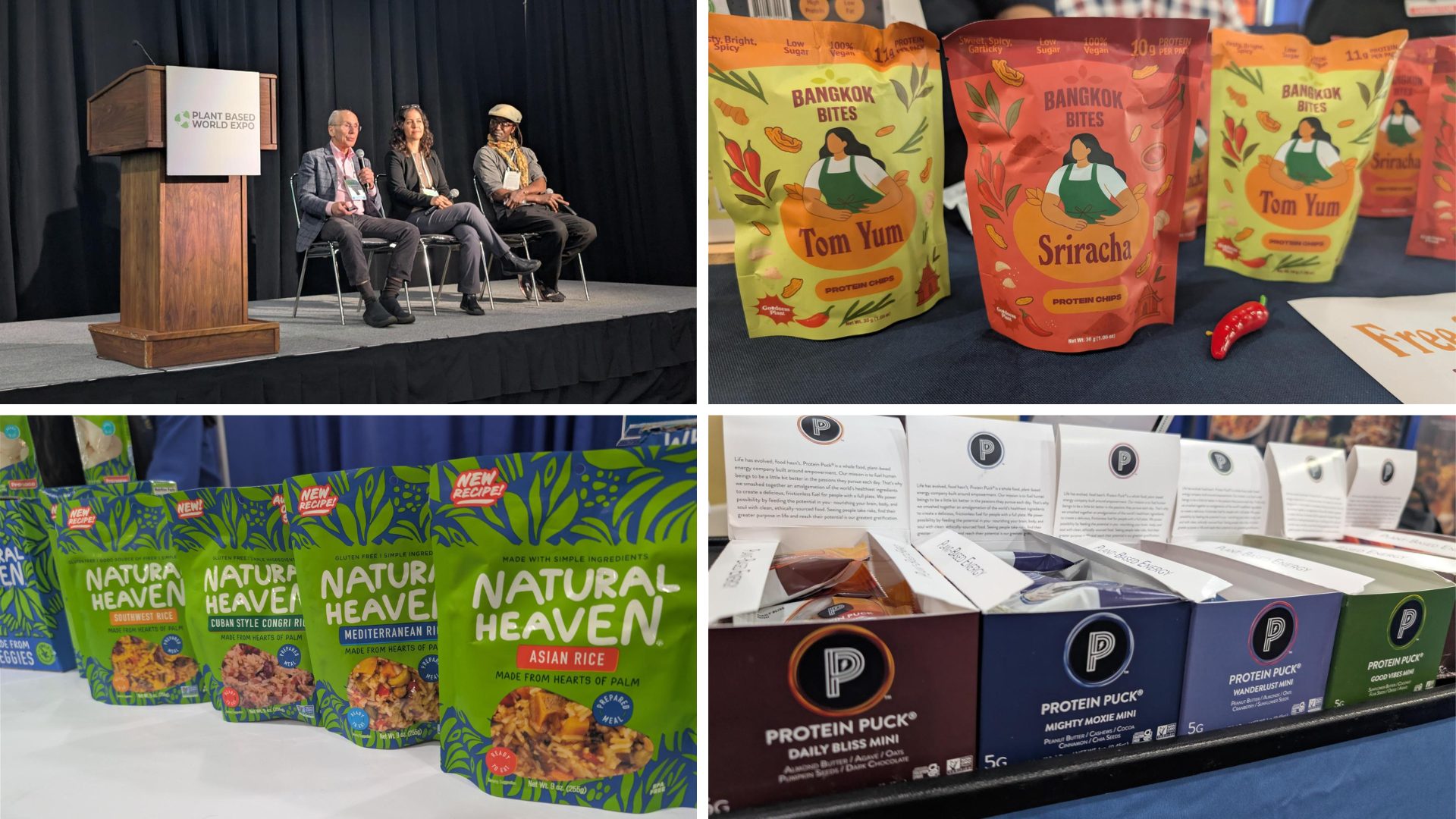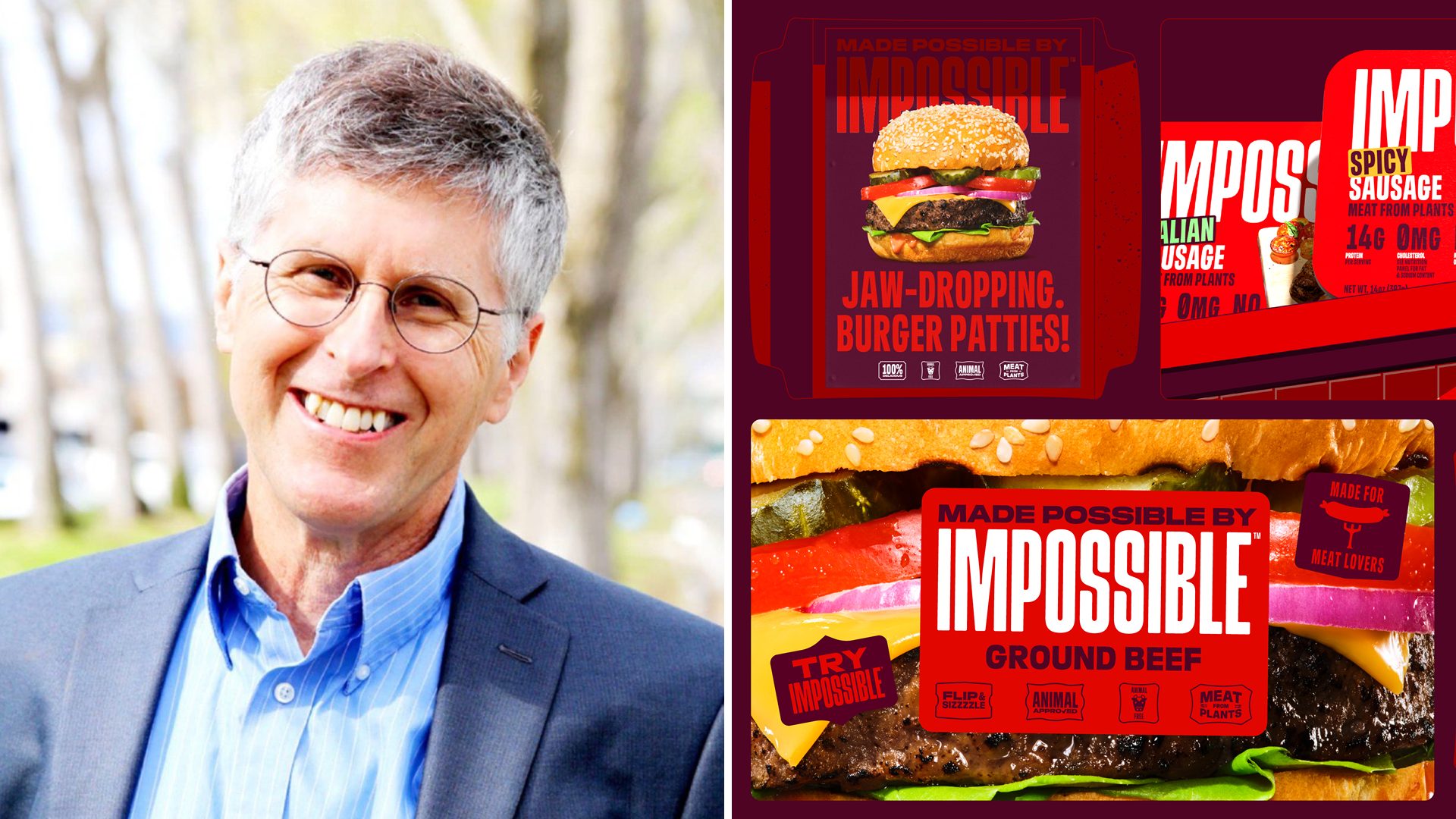As more consumers pursue dietary patterns that improve personal and planetary health, some plant-based food producers are experimenting with a broader variety of protein sources.
According to the United Nations, of the thousands of plants and animals used for food in the past, less than 200 currently contribute to global food supplies. And just nine crops, including corn, soy and wheat, account for almost 70% of all crop production.
“Plant-based foods could be improved by identifying other plants — domesticated and wild — that may be well suited for ingredient development,” said Dan Blaustein-Rejto, director of food and agriculture at environmental research center The Breakthrough Institute.
“Some companies are already using crops that aren’t widely grown in the U.S. to produce alternative proteins,” he told The Food Institute. “For example, WhatIf is using bambara nut, a legume native to Africa, to produce plant-based milk.”
Here are a few more emerging proteins to watch in the CPG space.
Duckweed
Duckweed, a fast-growing aquatic plant also known as lemna or water lentil, is highly sustainable and nutrient-dense with a clean neutral flavor — a trait that food formulators find particularly desirable among novel proteins.
Furthermore, the duckweed protein market is projected to surpass $165 million in the next decade, rising at a CAGR of 8.8%, according to a report by Future Market Insights.
In September 2021, California-based Plantible closed a $21.5 million Series A round for the startup’s lemna-based plant protein, which can be used in broad variety of alternative foods and beverage applications.
“On average, lemna doubles in mass every 36 hours, while it can be grown year-round,” company founders Tony Martens told Vegconomist, adding that the plant is 100 times more efficient in producing protein compared to soy, and 400 times more efficient than peas.
Hemp Hearts
Hemp has already entered the CPG space in variety alt-dairy products and the neutral quality of hemp hearts – or de-hulled seeds – is expanding the ingredient’s versatility.
As Vegconomist reports, Applied Food Sciences recently launched a hemp seed protein ingredient that contains 75% protein, including all nine essential amino acids, that is said to be ideal for use in meat alternatives.
Nepra Foods is also working extensively with next-generation hemp seed proteins in the allergy-free bakery space.
“I can replace eggs entirely using hemp,” co-founder and Chief Innovation Officer Chad White told Food Navigator. “We’re also culturing hemp milk and making some pretty fantastic cheeses.”
Watermelon Seeds
Naturally fermenting plant milk to create clean label cheese is a growing practice and watermelon seeds are a new player in the arena.
As well + good reports, watermelon seeds are an excellent source of magnesium, zinc, iron and heart-healthy omega-3s.
Earlier this year, Miyoko’s Creamery debuted the world’s first cultured vegan cottage cheese made from watermelon seed kernels. As founder and CEO Miyoko Shinner notes, the cottage cheese contains 10 grams of protein per serving that are naturally derived from seeds, not added from an outside source — a common step used to “boost” the protein level in plant-based products that often complicates their flavor and nutritional profile.
“The benefit of working with whole food ingredients that are unadulterated [is that] you can actually get good flavor and not have to cover it up,” said Shinner in a recent interview at the Bloomberg Intelligence Thematic Investing conference. “This is how chefs have been making food for hundreds of years.”












